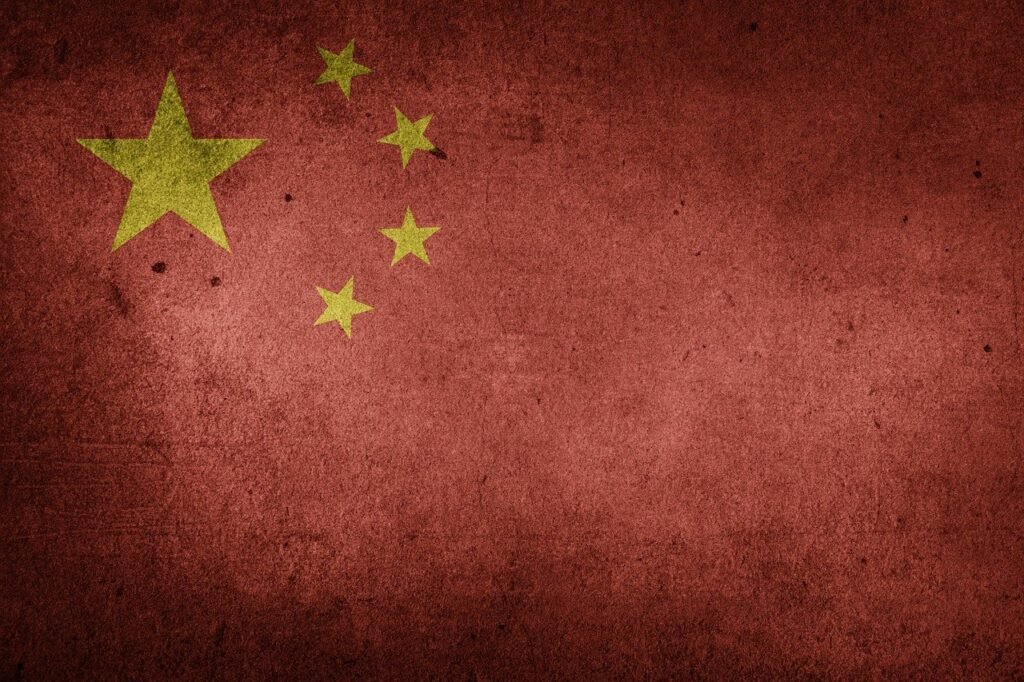Table of Contents
ToggleIntroduction
Distribution agreements in China are pivotal for businesses seeking to establish and expand their market presence. The legal framework governing these agreements is intricate, necessitating a thorough understanding of several key aspects to ensure compliance and protect the interests of all parties involved. This article delves into the critical legal components that must be considered when drafting distribution agreements in China.
Key Legal Aspects of Distribution Agreements
1. Language of the Contract: Emphasizing Chinese
- Mandatory Use of Chinese: Legally, it’s paramount to draft distribution agreements in Chinese. This ensures that the contract is enforceable in Chinese courts, which prefer and often require documentation in the local language. In instances where the agreement is bilingual, the Chinese version typically takes precedence in legal disputes if it is not clearly pointed out in the contract. And even if you point out that English is the ruling language, your English contract will have lower enforceability compared to a Chinese version, as the court in China relies on a translation of the English version to Chinese. This unverified Chinese translation might result into a contract that is not effective and low enforceability.
2. Compliance with Chinese Laws and Regulations
- Adhering to Local Laws: The agreement must conform to the complexities of Chinese commercial law, including antitrust, competition, and consumer protection laws. Understanding and integrating these legal requirements is essential for the validity and enforceability of the contract.
- Product-Specific Regulations: Compliance with Chinese standards and regulations specific to the product being distributed is crucial. This includes safety standards, labeling requirements, and import controls.
3. Intellectual Property Rights (IPR) Protection
- IPR Clauses: Given the challenges in enforcing intellectual property rights in China, with a first-to-file system (those who file the patent or trademark in China own it), distribution agreements should include robust clauses for the protection of trademarks, patents, and copyrights. These clauses should detail the permissible use of intellectual property and the consequences of infringement.
4. Dispute Resolution: Favoring Arbitration and Local Jurisdiction
- Arbitration in China: Arbitration is often the preferred mode of dispute resolution in Chinese distribution agreements. It is advisable to specify a reputable arbitration commission within China for resolving disputes, as this can offer a more streamlined and enforceable process than court litigation.
- Governing Law: Stipulating that Chinese law governs the agreement solidifies its enforceability and relevance in the local context. Foreign businesses should be cautious about insisting on foreign governing laws, as this can complicate legal proceedings and enforcement in China.
5. Termination and Consequences
- Clear Termination Clauses: The agreement should explicitly state the conditions under which parties can terminate the contract. This includes detailing the notice period and the responsibilities of each party upon termination.
- Post-Termination Obligations: Addressing the handling of unsold inventory, final financial settlements, and the continuation or cessation of intellectual property rights use post-termination is critical.
6. Quality Control and Standards Compliance
- Upholding Standards: The agreement should mandate compliance with Chinese quality standards and provide mechanisms for regular inspection and monitoring.
Conclusion
Crafting a distribution agreement in China is a complex legal undertaking that requires meticulous attention to language, compliance with local laws, intellectual property protection, dispute resolution mechanisms, and termination conditions. Prioritizing these legal aspects ensures that the agreement is not only compliant with Chinese regulations but also serves as a strong foundation for successful business endeavors in this challenging yet rewarding market.
FAQs
Q1: Why is it important for a distribution agreement in China to be in Chinese?
A1: A distribution agreement in China should ideally be drafted in Chinese to ensure its enforceability. Chinese courts prefer or require documentation in Chinese, and in the case of bilingual contracts, the Chinese version typically takes precedence in legal disputes.
Q2: What laws should a distribution agreement in China comply with?
A2: The agreement must comply with Chinese commercial law, including antitrust, competition, and consumer protection laws. Additionally, product-specific regulations such as safety standards, labeling requirements, and import controls must also be adhered to.
Q3: How are intellectual property rights (IPR) protected in distribution agreements in China?
A3: The agreement should include detailed clauses for the protection of IPR, including the permissible use of trademarks, patents, copyrights, and the consequences of IPR infringement.
Q4: Why is arbitration a preferred method of dispute resolution in Chinese distribution agreements?
A4: Arbitration is preferred due to its streamlined and enforceable process compared to court litigation. Specifying a reputable arbitration commission within China helps in resolving disputes more effectively.
Q5: What should be considered regarding the governing law in these agreements?
A5: Stipulating that Chinese law governs the agreement enhances its enforceability in China. Insisting on foreign governing laws can complicate legal proceedings and enforcement within the country.
Q6: What are the key considerations for termination clauses in these agreements?
A6: The agreement should clearly state the conditions for termination, including notice periods and responsibilities of each party upon termination. It should also address post-termination obligations like handling unsold inventory and the status of intellectual property rights.
Q7: How important is quality control in distribution agreements in China?
A7: Extremely important. The agreement should mandate adherence to Chinese quality standards and include mechanisms for regular inspection and monitoring to ensure ongoing compliance.
Contact us if you need legal help in China, like drafting effective cease and desist letters, drafting contracts that follow Chinese law and are enforceable in China, background investigation of Chinese companies, protecting patents, trademarks, copyright, and verification of contracts to the law in China, help with trade and IP disputes in China, etc.
If you require our assistance or have further questions about our services, please do not hesitate to contact our Customer Relationship Manager, Jan Erik Christensen, at janerik@ncbhub.com. We look forward to hearing from you and helping your business succeed in China.








